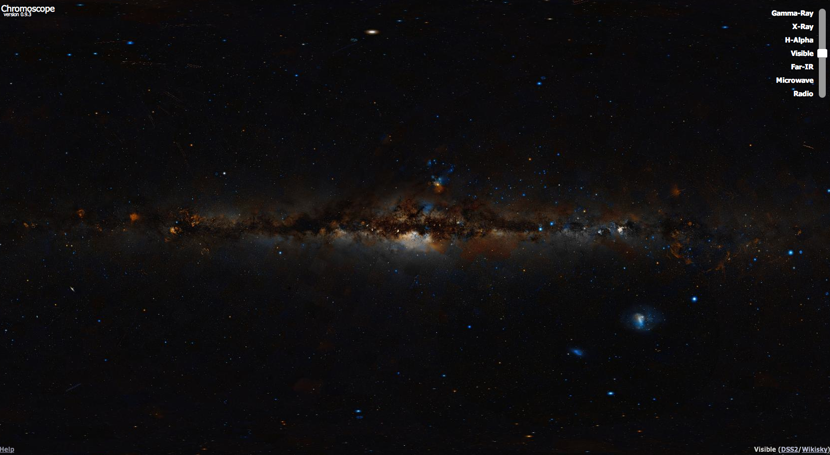Here’s Dr Michael de Podesta of the National Physical Laboratory on the science of mobile phones. A video of a lecture, which is unsuitable for showing in class in its entirety, but invaluable for non-specialists teaching Physics at KS4 and for us specialists who could do with refreshing our own knowledge. You could also borrow some of his ideas for presenting in your own lessons. This video would also be an excellent resource for students looking at mobile phone safety for their GCSE Science case study. Are mobile phones safe?… Read more Are mobile phones safe? →
This is a fantastic clip from an American version of “Dragon’s Den” which I think would make an excellent starting point for a discussion on “how science works”. It’s so good it could have been made for this very purpose: Some obvious questions to get the discussion going: Are the Dragons right or are they just being rude by refusing to allow the guy to show them more of his “research”? (He claims to have lots more he can show them) What, if anything, is wrong with the salesman’s research?… Read more Selling Snake Oil →
“How Science Works” is now a major part of the national curriculum in England and Wales. Its introduction was controversial and its implementation has, as I wrote recently, gone awry. Despite my concerns about the problems of teaching and assessing HSW as suggested by certain GCSE course, I believe it is a crucial part of the science curriculum and deserves to be taught well. I think this film might help you do just that:

Sorry for the awful title to this post – but I have been inspired by “John Travoltage”, the most fun Physics interactive I have ever encountered. I should warn you… Read more Simulate to Stimulate →
Watching sodium being put into water is one of the few things that everyone seems to remember from school science lessons. I would encourage all science teachers do do as much as they can “for real” when it comes to teaching the “reactivity of metals”. If for some reason, there are some experiments you can’t do in school, there are some videos from the Royal Society of Chemistry that you might find useful. There are also a wealth of such videos on youtube, if you are prepared to spend the… Read more Reactivity of Metals →

This link came through on one of the physics teaching mailing lists I’m subscribed to (thank you, Helen Reynolds – your description of it is perfect). It’s a chromoscope that… Read more “Pretty and Useful” →
Here’s a great free resource that allows students to practice data collection and other aspects of experimental science without the hassle of actually doing the experiment. Before you start screaming about how it’s important to do these things for real, this is what the makers of this resource say: “Virtual Experiments are not intended to replace the real hands-on laboratory – science students need to develop the skills of setting up, alignment and adjustment with real equipment – but they can offer huge added value as warm-ups to the real thing,… Read more Virtual Experiments →
“Conservation of Momentum” is one of those laws we ask our students to believe in. Sure, we try to demonstrate it using air tracks and stuff, but the numbers never really add up. This video shows space tourist Richard Garriott trying to demonstrate conservation of momentum aboard the ISS – it’s not entirely convincing, because there are no measurements / data, but it looks much more impressive than an air track and he adds a little explanation of how the law applies to the practicalities of life aboard the space… Read more Conservation of Momentum on the ISS →
Measurement is at the heart of science – a point that we could probably do with reiterating to our students on a regular basis. This video, by the appropriately named Marshall Brain, founder of howstuffworks.com, contains some great ideas for easy-to-do activities which should be ideal for Year 7 (or even KS2 students). I don’t recommend showing the video to your students – this is one of those videos that’s worth watching to get ideas to do “for real” in the classroom.

